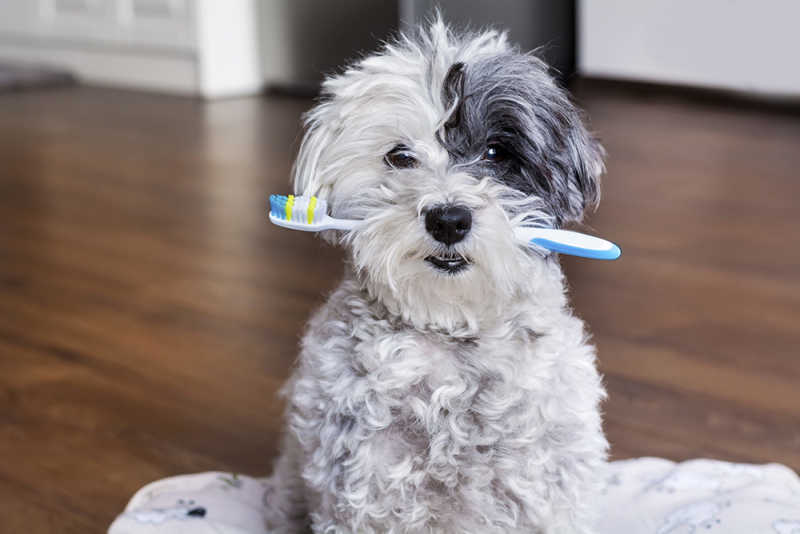Ever wondered how important dental hygiene is for your furry friend? Our latest blog post dives into the essentials of brushing your dog's teeth, why it's crucial for their overall health, and provides a step-by-step guide to doing it right. Learn how to keep your dog's smile as charming as they are!
Dental hygiene is often overlooked when it comes to pet care, but the truth is, your dog's dental health is just as important as any other aspect of their well-being. Poor dental hygiene can lead to various health issues like gum disease and even heart problems. In this blog post, we'll guide you through the steps of brushing your dog's teeth effectively, ensuring you're doing it right for a healthier, happier pet.
Key Takeaways:
- Importance of dental hygiene in dogs
- Step-by-step guide to brushing your dog's teeth
- Product recommendations for dental care
The Importance of Dental Hygiene in Dogs
Just like humans, dogs are prone to plaque buildup, tartar, and gum disease. Poor dental care can result in bad breath, tooth decay, and even systemic diseases affecting the heart and kidneys.
Tools You Will Need
- Dog-specific toothbrush
- Dog toothpaste (never use human toothpaste)
- Dental wipes or gauze
How To Brush Your Dog's Teeth: Step-by-step Guide
Step 1: Preparation
Before brushing, allow your dog to taste a small amount of the dog toothpaste to get them accustomed to the flavor.
Step 2: Positioning
Hold your dog still, either sitting or lying down, in a comfortable position for both you and your pet.
Step 3: Starting Small
Initially, brush only one or two teeth. Use the dog-specific toothbrush and toothpaste, brushing gently in a circular motion.
Step 4: Progress Gradually
As your dog becomes more comfortable, gradually extend the brushing to include all the teeth.
Step 5: Be Consistent
Brushing should ideally be done daily, but at least three times a week for effective plaque control.
Recommended Products
- [Brand A Dog Toothpaste]
- [Brand B Dog-Specific Toothbrush]
- [Brand C Dental Wipes]
Brushing your dog's teeth may seem like a hassle at first, but it's an essential part of pet care. A regular routine can not only prevent dental issues but also save you costly vet bills in the long run. Start incorporating dental hygiene into your pet care routine today for a healthier, happier dog.
Note: This article is intended for informational purposes only and should not replace professional veterinary advice. Always consult a qualified veterinarian for specific dental care needs for your pet.


